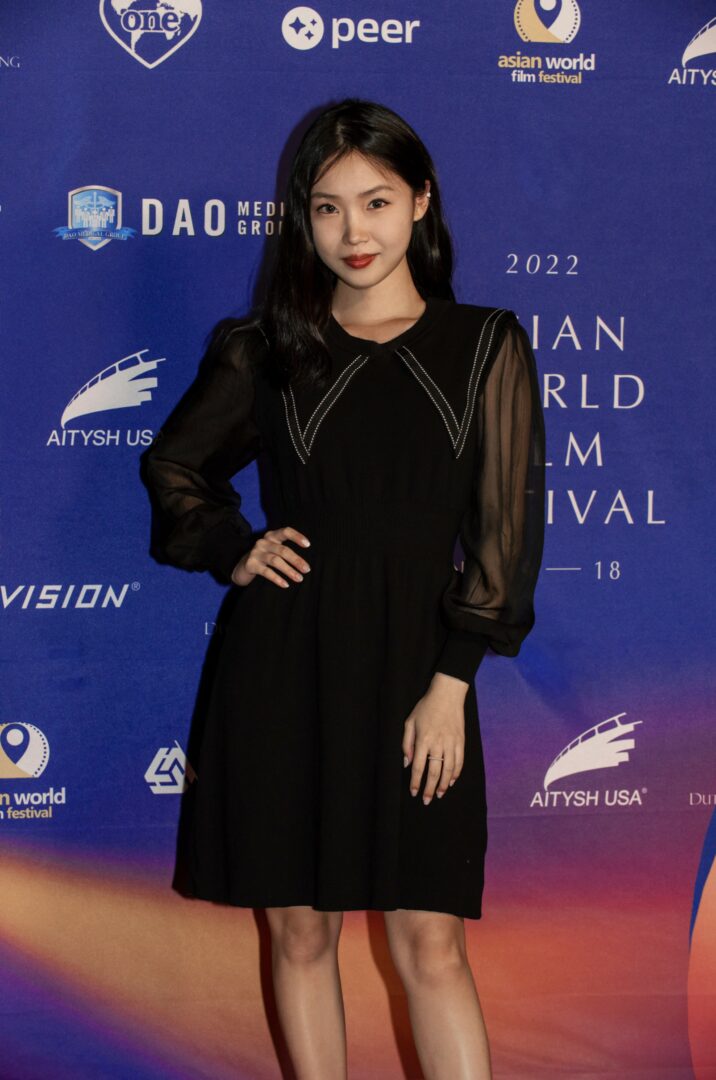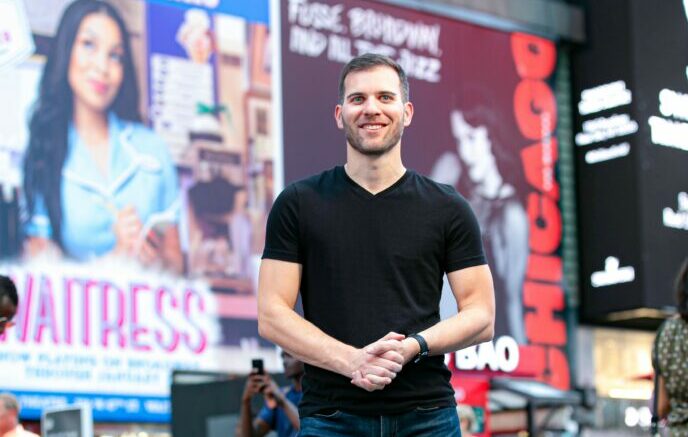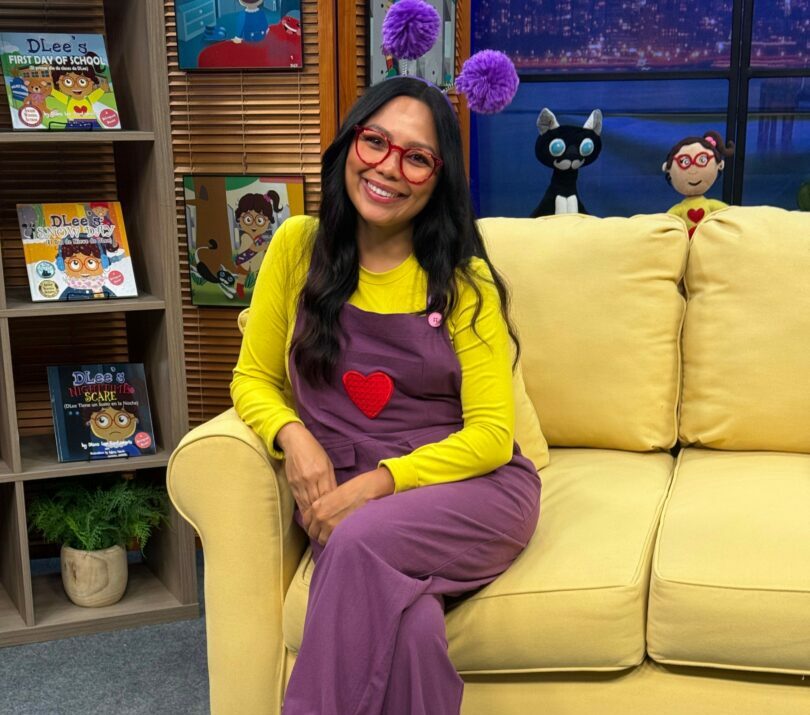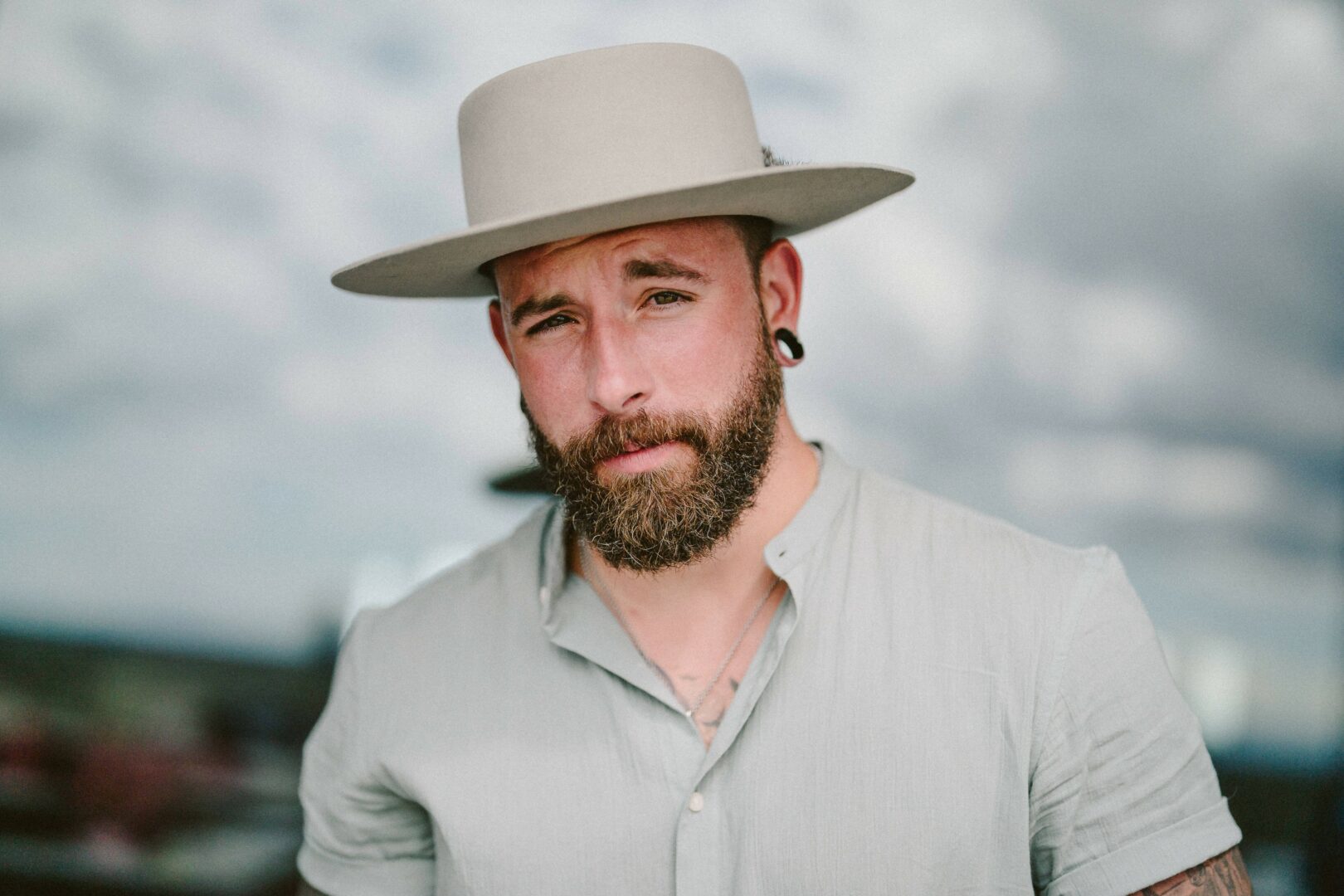We were lucky to catch up with Lily Guo recently and have shared our conversation below.
Lily, so great to be with you and I think a lot of folks are going to benefit from hearing your story and lessons and wisdom. Imposter Syndrome is something that we know how words to describe, but it’s something that has held people back forever and so we’re really interested to hear about your story and how you overcame imposter syndrome.
Before starting grad school, I struggled with imposter syndrome. I used to feel like I didn’t know enough, and it seemed like everyone around me was far more experienced. However, I overcame this feeling when I realized that many others were in the same boat — most of us were figuring things out as we went along.
What helped me the most was shifting my mindset: instead of assuming things would be difficult and stressing over it, I focused on preparing as best as I could and staying relaxed. Every challenge became a learning opportunity.
It is important to remember that imposter syndrome is incredibly common. In fact, it can be a positive sign that you’re humble and open to growth.
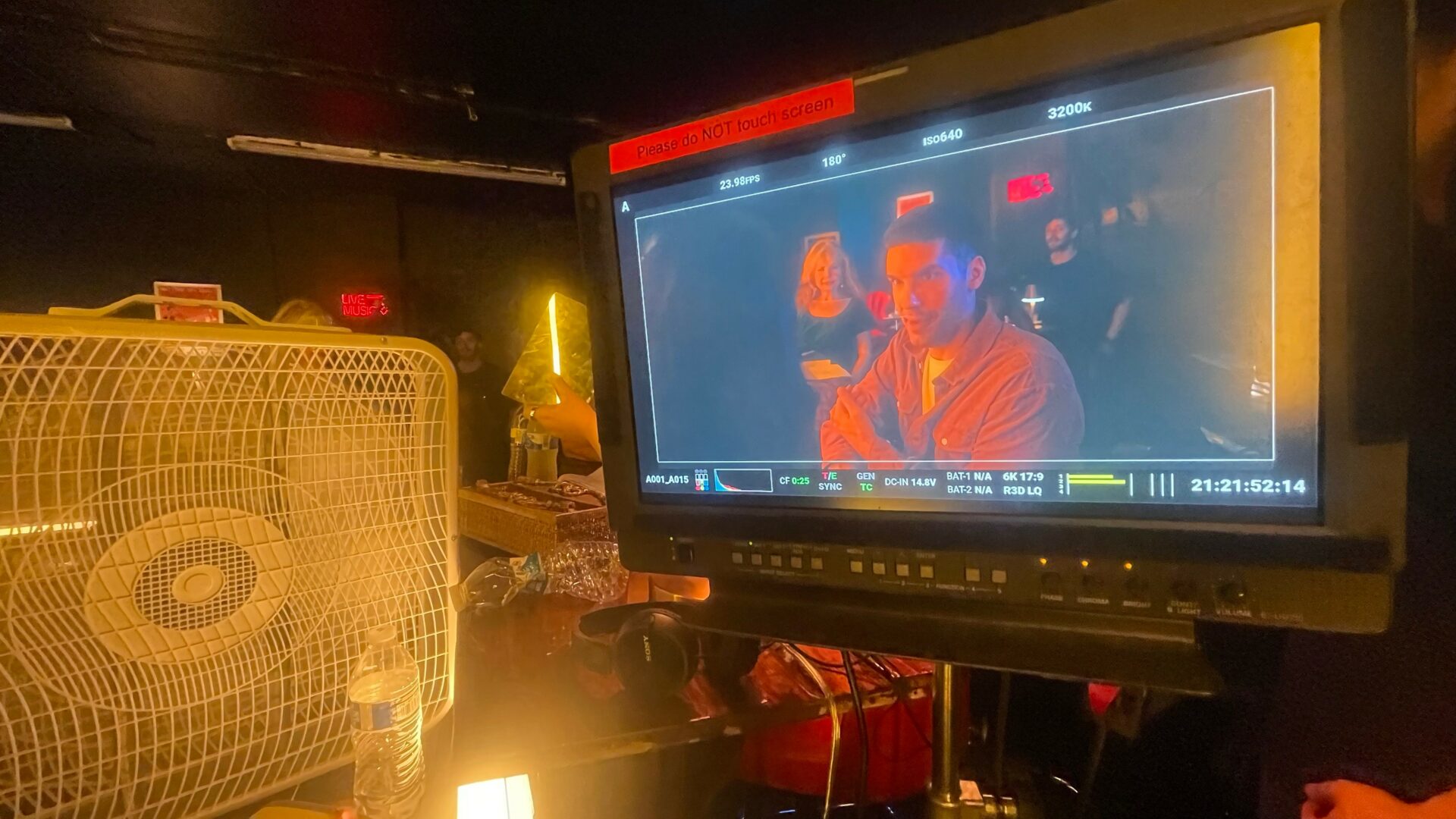
Let’s take a small detour – maybe you can share a bit about yourself before we dive back into some of the other questions we had for you?
I’m currently studying Producing at the American Film Institute (AFI), where I’m delving into the intricacies of story development, production logistics, and how various departments come together to create compelling films. My journey is deeply rooted in a passion for storytelling and a commitment to bringing fresh perspectives to the screen. I believe in the power of media to foster empathy and understanding, which is why I’m so focused on telling stories that resonate with people and inspire them to think more openly.
One of the most exciting aspects of producing for me is working hands-on with diverse teams and ensuring every creative vision has a chance to shine. At school, I collaborate with directors, cinematographers, writers, editors, and production designers. If everyone else is an artist, the producer is both a strategist and a creative partner. My role is to bring everyone’s vision to life in a practical, achievable way that balances both the creative and logistical needs of the project. My background, combining both business acumen and a passion for film, has been invaluable in helping me navigate this process.
Looking back, what do you think were the three qualities, skills, or areas of knowledge that were most impactful in your journey? What advice do you have for folks who are early in their journey in terms of how they can best develop or improve on these?
Being a team player, maintaining open communication, and staying adaptable. The first and most important quality is knowing how to work as a team. Filmmaking is a collaborative art form; no one can make one alone. Listening to the thoughts and ideas of all collaborators – even when you disagree – is essential. Disagreements are natural, and navigating through differing opinions is the beauty of the creative process. No one should dictate the project – the best idea wins!
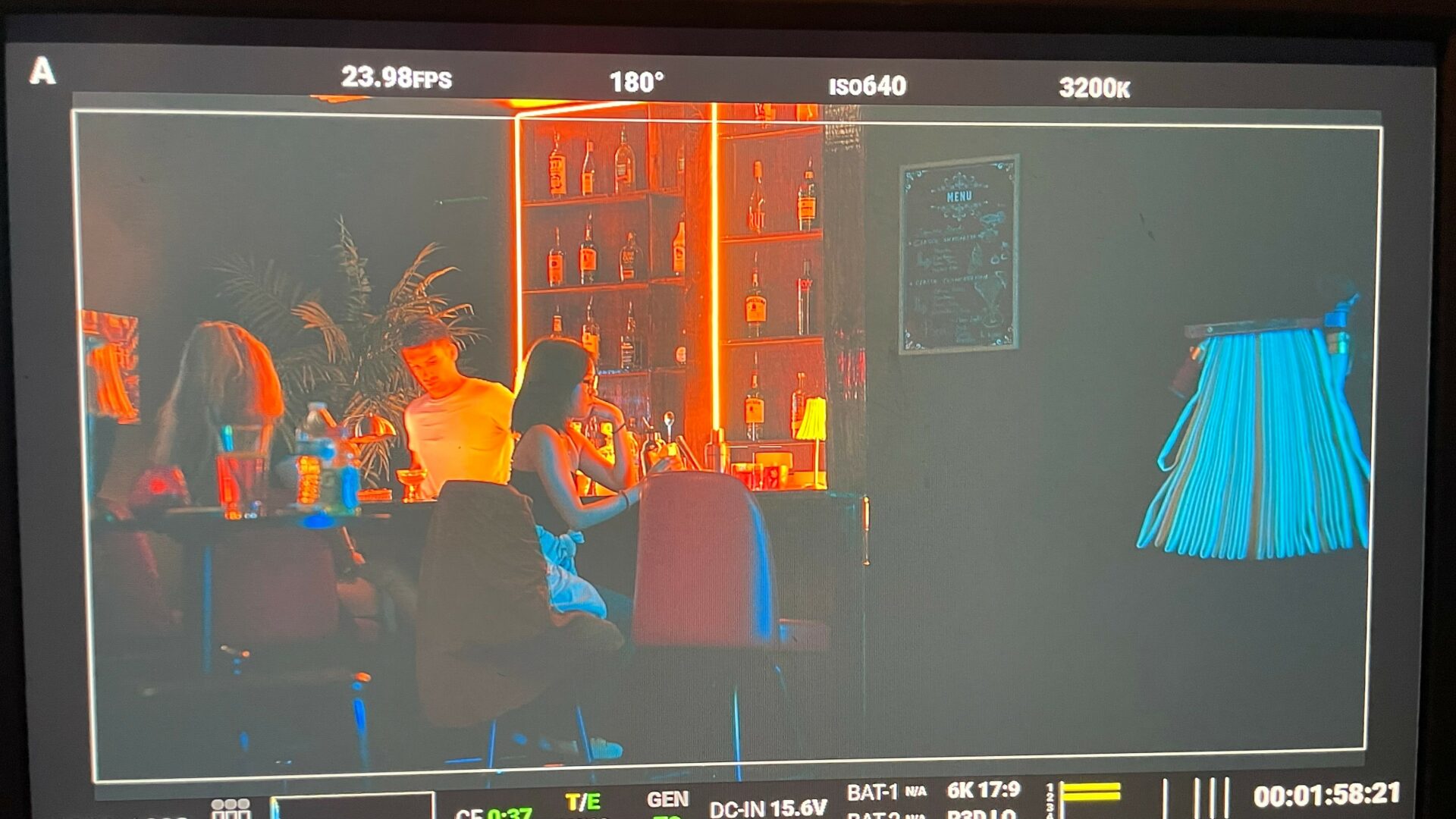
How would you spend the next decade if you somehow knew that it was your last?
Right now my biggest challenge is time management. The AFI program is incredibly intense, and while I’m deeply focused on creating quality films, I also want to make time for reading books, watching movies, and building connections. A lot of us are so dedicated to making great projects for school that it’s easy to forget there’s a whole world of learning and inspiration beyond school. There’s so much I want to learn and absorb, but finding the balance is tough. It’s a constant effort to prioritize my goals without missing out on those opportunities for growth and connection.
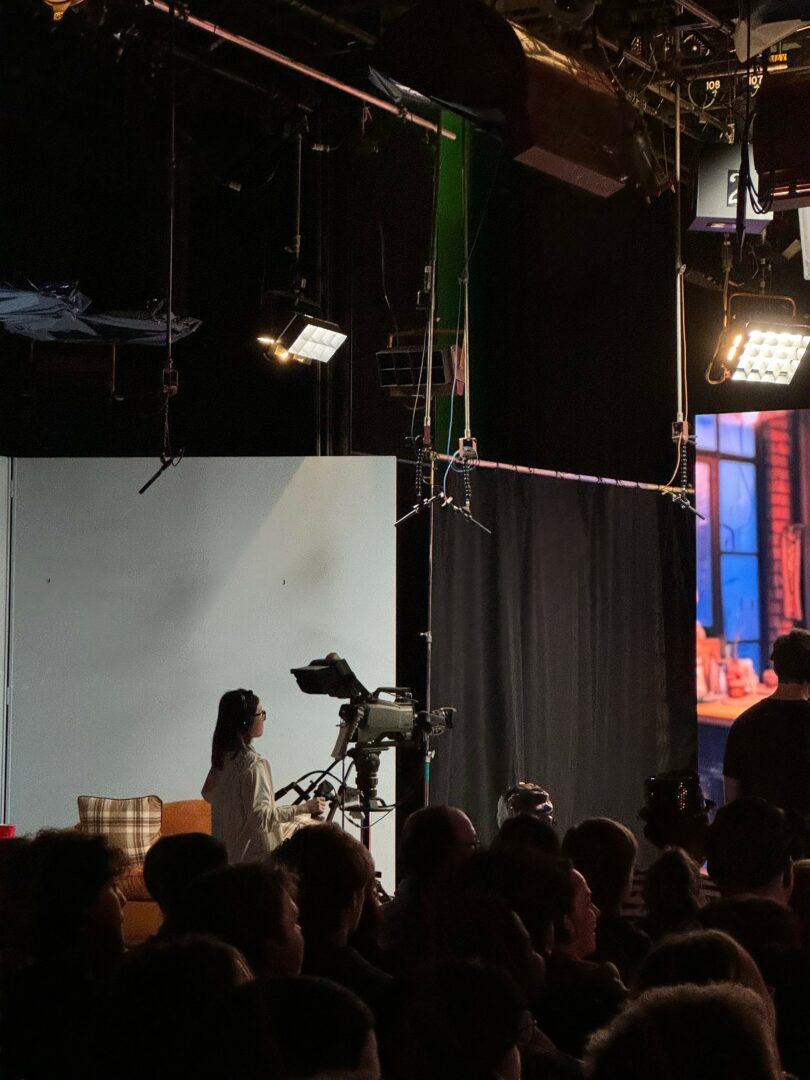
so if you or someone you know deserves recognition please let us know here.

